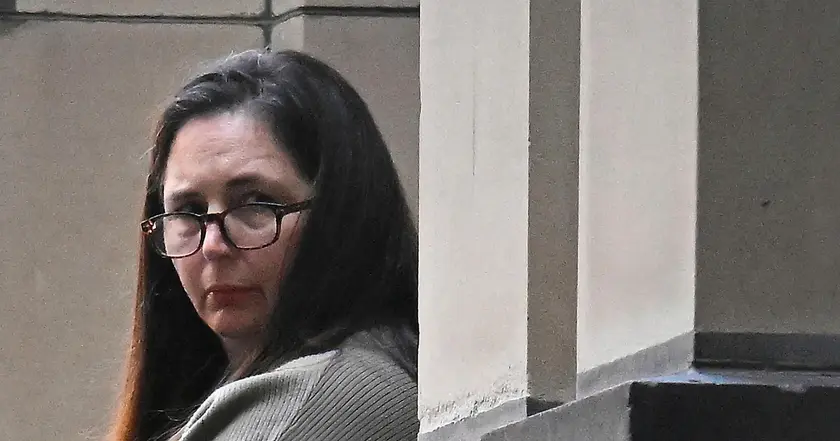T4K3.news
Trial of farmer accused in racially charged murder begins
Zachariah Olivier and two others face charges in the deaths of two Black women in South Africa.
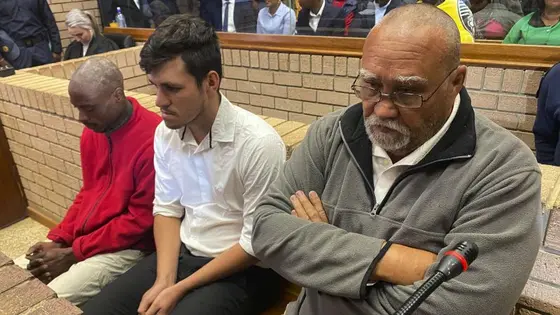
A trial in South Africa highlights ongoing racial tensions after a White farmer and two employees face serious charges.
Trial begins for farmer accused of murdering two Black women in South Africa
A White South African farmer named Zachariah Olivier, along with two associates, faced court recently for the alleged murders of two Black women. According to prosecutors, the women were shot for trespassing and their bodies were disposed of in a pigsty on Olivier's farm in Sebayeng, near Mankweng. The incident occurred in August of last year, raising significant outrage amid ongoing racial tensions in the country. Olivier, 60, along with workers Adrian De Wet, 19, and William Musoro, 45, appeared in the Limpopo Polokwane High Court under various charges, including murder and possession of illegal firearms. The trial has drawn attention from the public and civil rights groups, demanding justice for the victims.
Key Takeaways
"The investigation began when a 45-year-old South African woman went missing after visiting the farm."
This statement illustrates the initial trigger for the police investigation into the women's disappearance, highlighting the serious implications of trespassing and violence.
"Many South Africans outraged by the killings have called for justice for the victims."
This reflects the intense public reaction and the ongoing demand for justice in racially charged cases within South Africa.
This trial underscores the deep-seated racial tensions still present in South Africa, a legacy of its apartheid past. The brutality of the alleged crime has sparked public outrage and renewed calls for justice, reflecting broader societal issues regarding race, violence, and law enforcement in the country. As South Africa grapples with high rates of crime, incidents like this evoke painful memories and associated fears among communities. The response from the public and authorities may affect future policies and perceptions regarding farm violence and racial justice.
Highlights
- Justice for victims is essential in the face of brutality.
- This case echoes painful memories of racial strife in South Africa.
- Public demands for accountability reflect uneasy tensions.
- How will this trial reshape perceptions of farm violence?
Potential backlash over racial tensions
The trial and its implications for racial dynamics could provoke public unrest or protests, given South Africa's historical context of racial violence and murder.
The outcome of this trial may set a precedent for how similar cases are handled in the future.
Enjoyed this? Let your friends know!
Related News
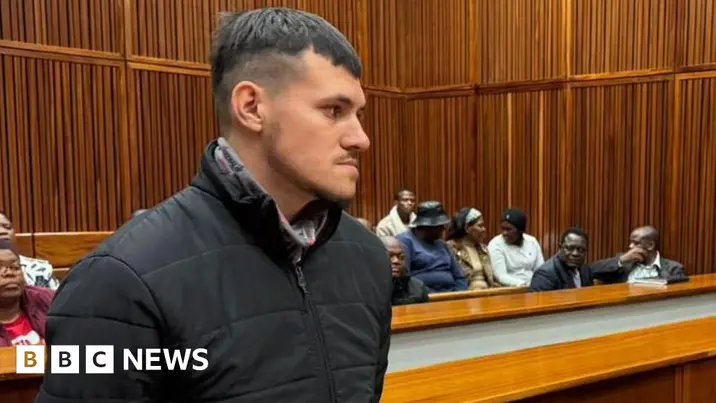
Adrian de Wet is granted immunity as state witness
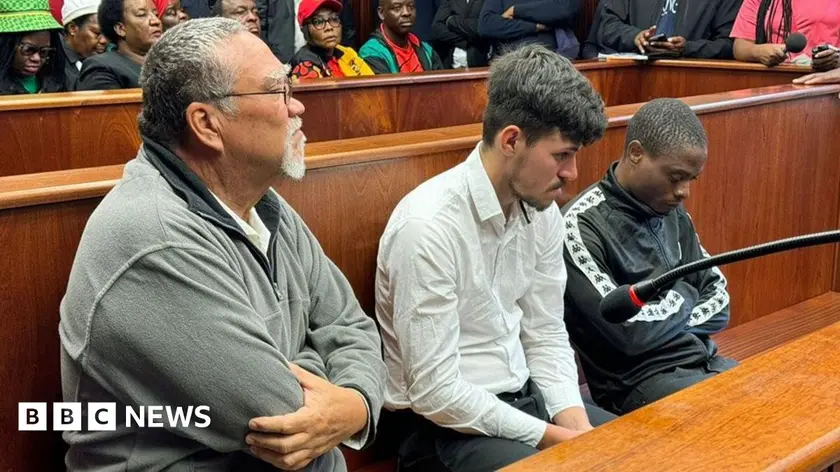
South African farmer faces trial for alleged brutal murders
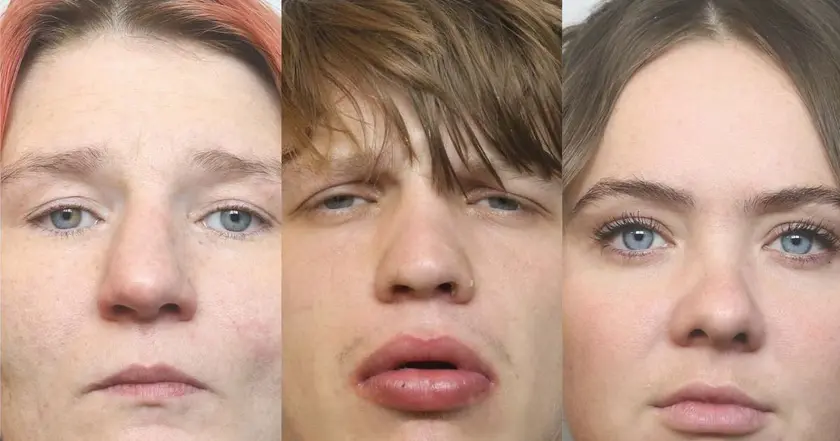
Merseyside jails 66 criminals in July

Teenager in custody over murder of schoolboy Leo Ross
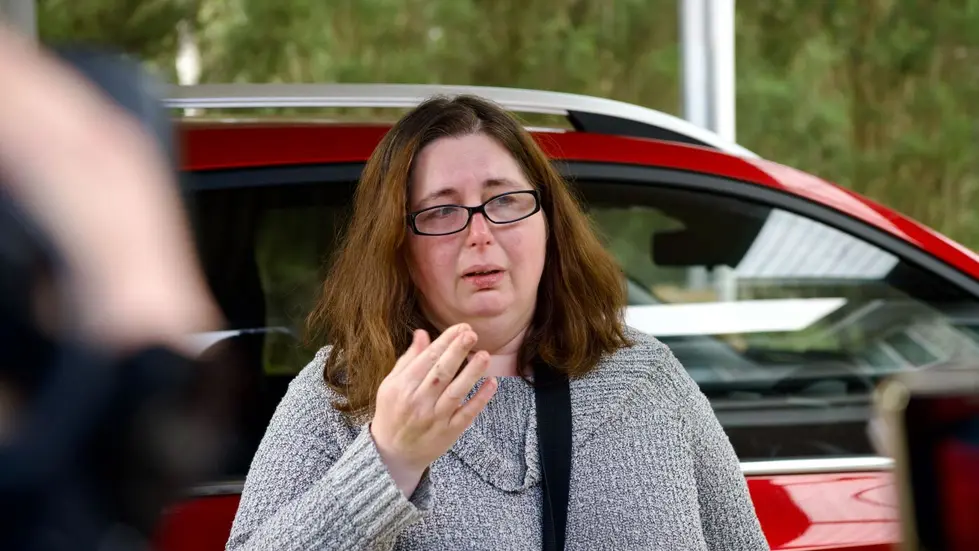
New evidence reshapes Patterson murder case
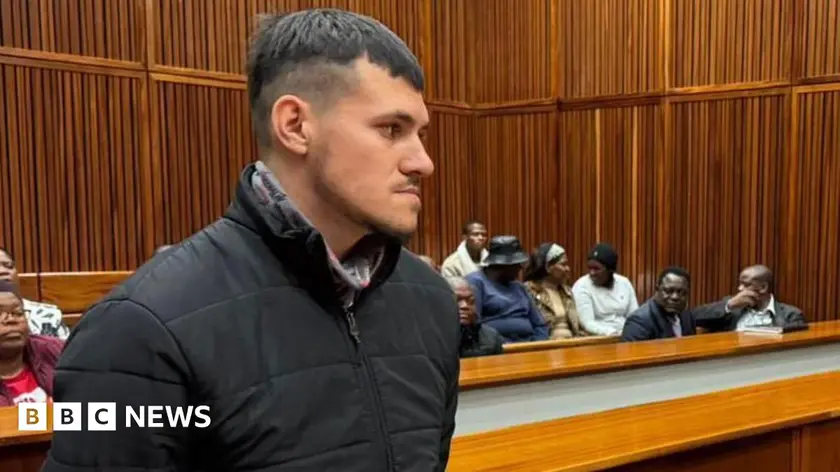
Adrian de Wet walks free as state witness

Erin Patterson found guilty of murder and attempted murder
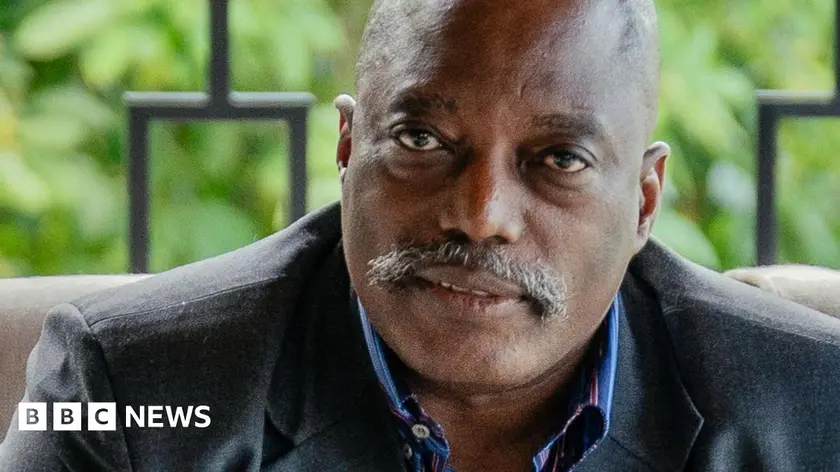
Joseph Kabila stands trial for treason and murder
